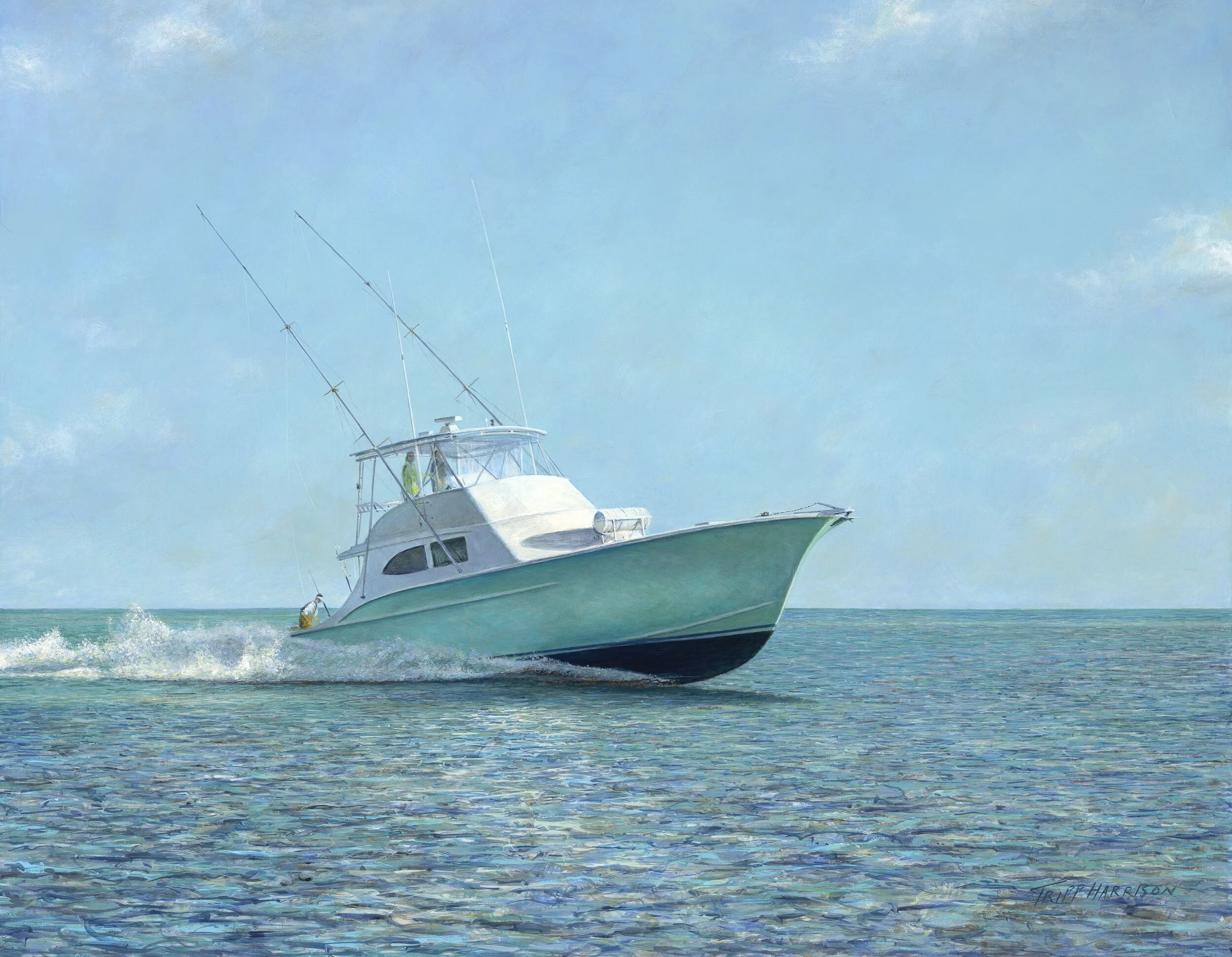 Image 1 of 1
Image 1 of 1


Paris Years
11.75” x 13.25”, Watercolor on Paper
AVAILABLE ✆ or ✉
In the 1920s, the famous Gertrude Stein told Hemingway that he was a part of a “lost generation.” Something his own mother, Grace Hemingway, agreed with. It was through the writing done behind this window, and others like it, that Hemingway’s genius would emerge and rise above his criticisms.
During his Paris years, Hemingway surrounded himself with an elite crowd. Names like Stein, Picasso, and Fitzgerald were shaking the creative world around him and he wanted to join the fray. From 1925 to 1929, Hemingway produced many of his most important works, such as The Sun Also Rises and Men Without Women. In Paris, he would go from being virtually unknown to arguably the 20th century’s greatest writer.
In the latter years of his life, he spoke fondly of the city and its influence. “If you are lucky enough to have lived in Paris as a young man, then wherever you go for the rest of your life, it stays with you, for Paris is a movable feast.”
11.75” x 13.25”, Watercolor on Paper
AVAILABLE ✆ or ✉
In the 1920s, the famous Gertrude Stein told Hemingway that he was a part of a “lost generation.” Something his own mother, Grace Hemingway, agreed with. It was through the writing done behind this window, and others like it, that Hemingway’s genius would emerge and rise above his criticisms.
During his Paris years, Hemingway surrounded himself with an elite crowd. Names like Stein, Picasso, and Fitzgerald were shaking the creative world around him and he wanted to join the fray. From 1925 to 1929, Hemingway produced many of his most important works, such as The Sun Also Rises and Men Without Women. In Paris, he would go from being virtually unknown to arguably the 20th century’s greatest writer.
In the latter years of his life, he spoke fondly of the city and its influence. “If you are lucky enough to have lived in Paris as a young man, then wherever you go for the rest of your life, it stays with you, for Paris is a movable feast.”









